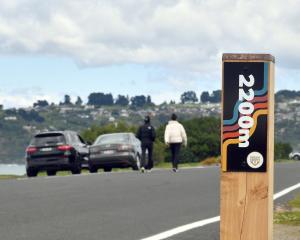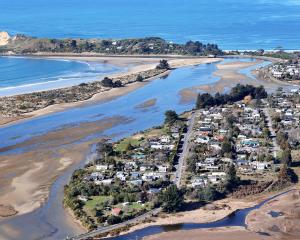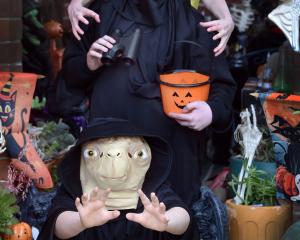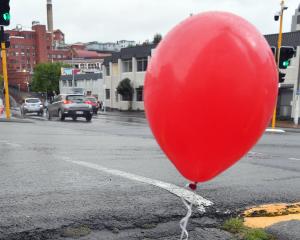The threats and other obscene posts horrified genuine members of the group and highlighted the need for people to manage privacy settings on personal online profiles, the site's moderator said.
The trolls - people who deliberately make inflammatory posts to upset people or are looking for opportunities to scam people for money - began posting pictures of full litter trays among other disturbing images and rude comments on the Dunedin Buy Sell and Trade group's page last week.
Group moderator Alice Hudson said the trolls then went into the public Facebook pages of at least two of the group's more than 5200 legitimate members, copied photos of their children, then tried to sell them back to the parents and threatened to post the pictures on child pornography sites.
"Mostly, they just tried to sabotage people's sales and trades, but some of them really targeted individuals and the things that were said were sickening."
The offensive nature of the content being posted provoked a strong reaction from group members, with some posting angry comments in response.
The group allows Facebook users to join and post photos and information about the goods they want to sell locally.
They can connect directly with buyers and, until a few days ago, anyone who was a member could invite anyone else to join.
Ms Hudson and her partner, Campbell Tobin, took over administering the group four days ago and had spent six and a-half hours at the weekend working their way through all the members, identifying the trolls and removing them.
They found hundreds of members, mainly from overseas, who they believed were actually fake profiles and not real people, although variations on the names Ranjit and Jocko, popped up regularly. The same names were involved in scamming incidents on a similar trading site in New Plymouth this year.
Ms Hudson said she passed several names on to Facebook and noted related profiles had since been removed.
The fake members and offensive posts were removed from the Dunedin group and the offensive posting had ceased, so she believed they had correctly identified the culprits. Any new members to the site now had to be approved by the administrators.
While some members of the group appeared to recognise the aggravating posts as those of trolls and were amused, others were angry, and she herself found the thought of someone using her children's' photos "horribly upsetting", Ms Hudson said.
The situation highlighted the need for people to keep their internet profiles private and not to share personal information on the internet, she said.
One of the victims of the trolls, Dunedin man Rodney Feron, said he was now making sure his privacy settings were correct. Although he remained a group member, he was not confident moderators could detect all trolls who tried to sneak into the group.
He wanted people to be aware that trolls could be working on any internet group.
Mr Feron said he approached the police with his concerns.
Police had told him there was little they could do with such threats from overseas.
NetsafeNZ executive director Martin Cocker said trolling was an internet phenomenon that had become widespread on social media sites and, without true accountability on the internet, was likely to continue.
Trolls were often also looking for opportunities for financial gain, and attempts at blackmail were becoming increasingly common, he said.
Obviously, Facebook had an interest in encouraging people to share information, so ensuring privacy settings were in place did require some work on behalf of the user.
People have been convicted for trolling. In Australia, a man was sentenced last year to three years' jail after he posted pornographic images on tribute pages for two slain Brisbane children.











